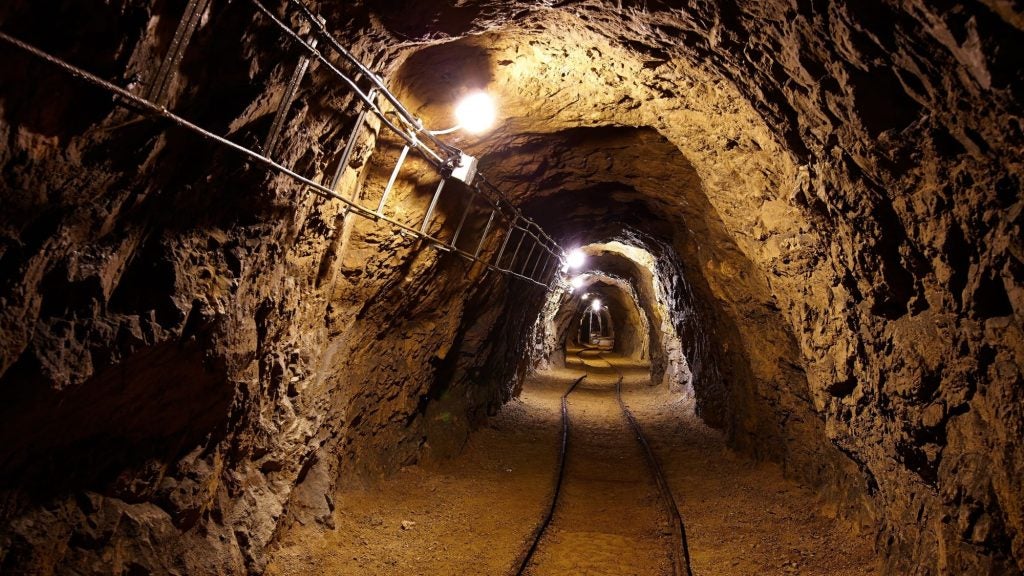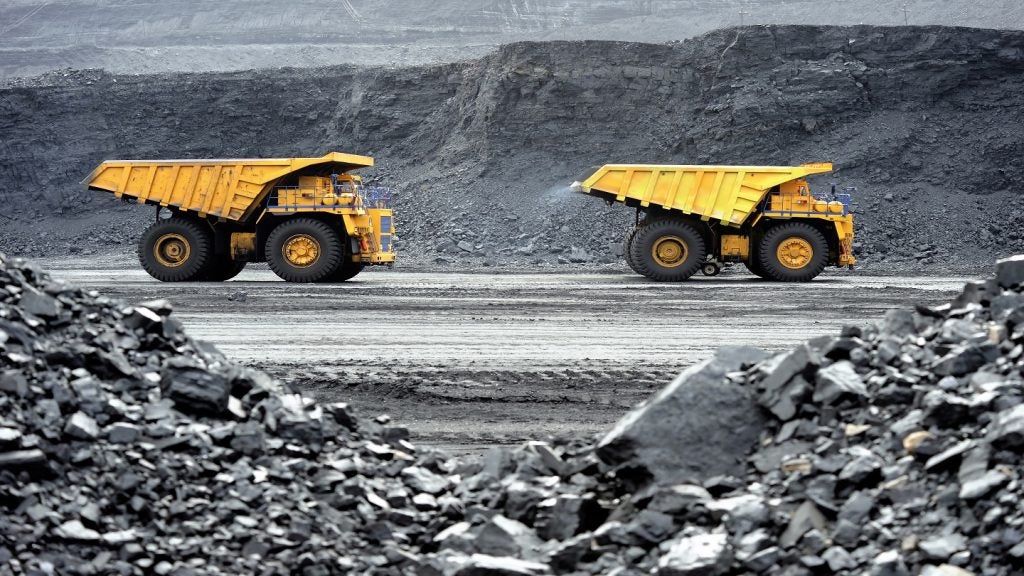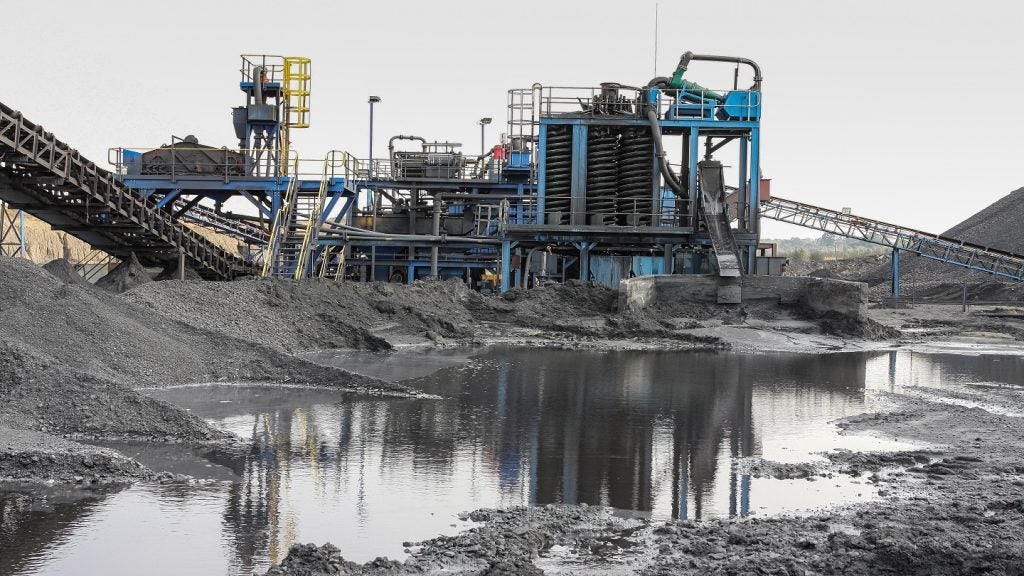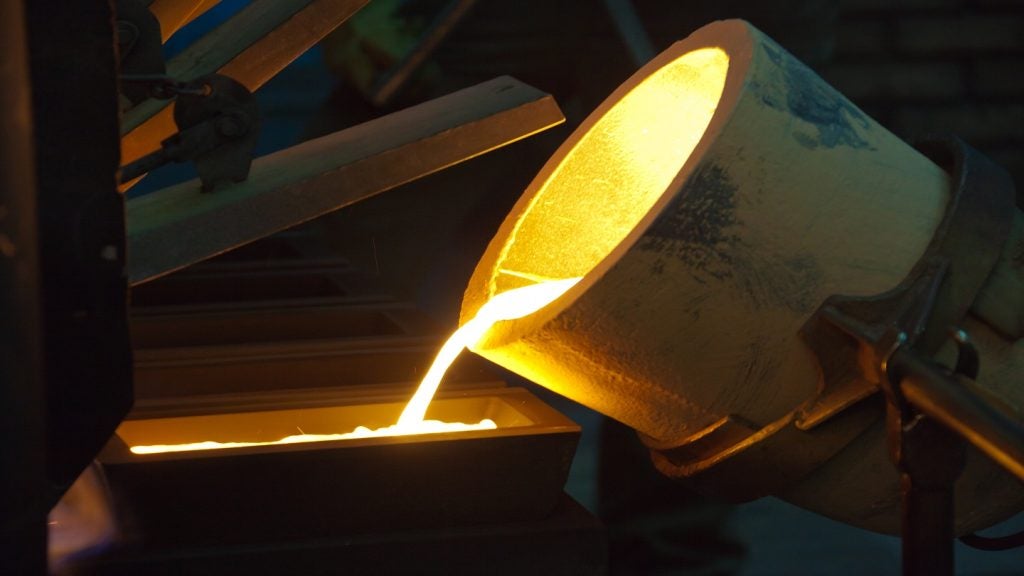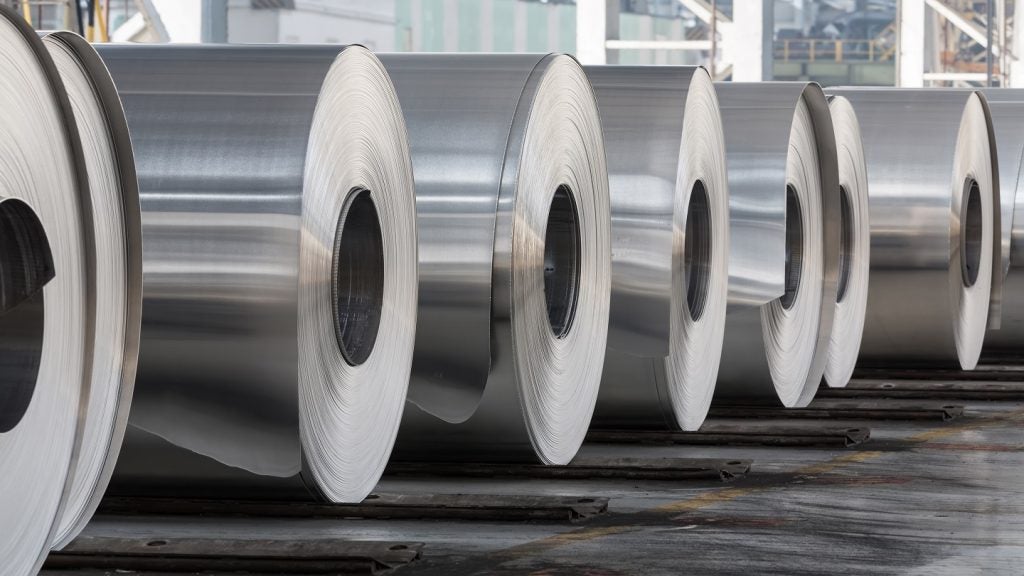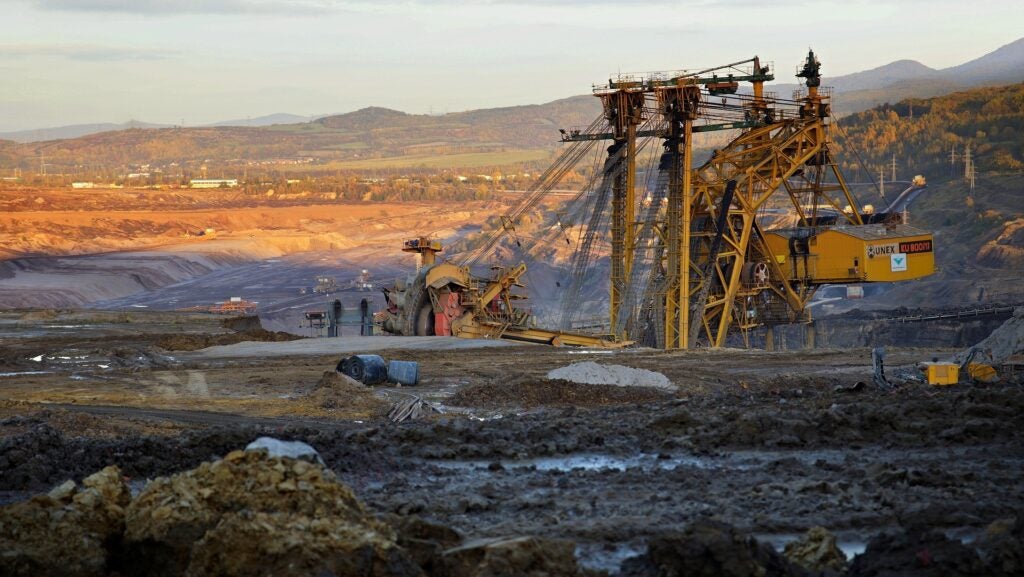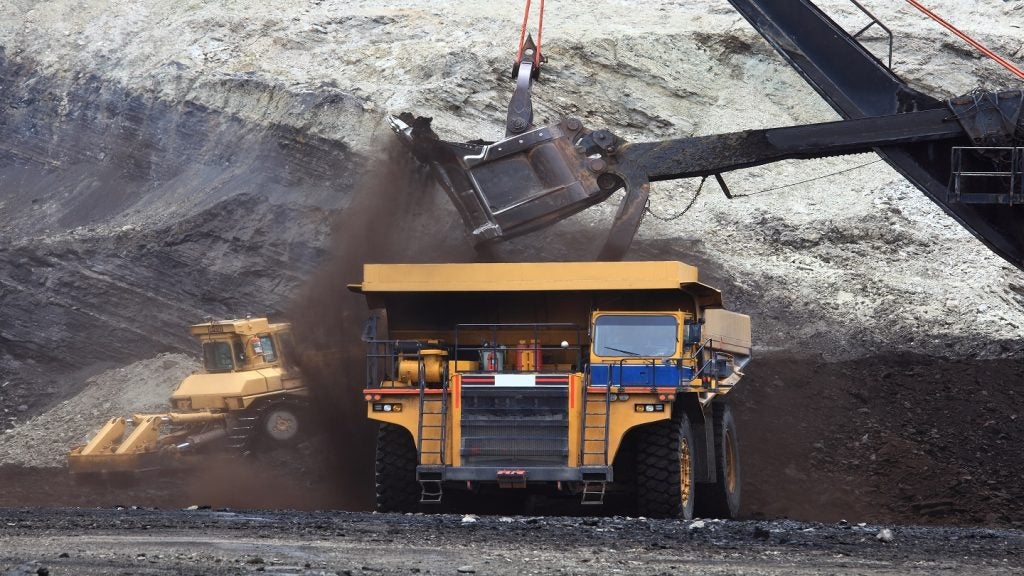A new report has found that at least 500 tonnes (t) of harmful metals leak into the environment each year from abandoned Welsh mines.
A Freedom of Information request filed by the FT uncovered that 129 abandoned mine sites across Wales are contributing to poor water quality, with Natural Resources Wales (NRW) estimating that 350–500t of metal leaks into the water supply each year. NRW states that these 129 sites are “certainly, or highly likely, to be causing failures of water quality criteria”.
The mine sites pollute around 700km of waterways, with metals including lead, zinc and cadmium bleeding into rivers and streams. In the wake of these revelations, MPs have been urged to address the issue of abandoned mine pollution.
Speaking to the FT, Plaid Cymru MP Ben Lake said “The severity of these findings are a cause for national concern, and demand the urgent attention of both Welsh and UK governments”.
The leaking of toxic metals into local waterways is a major concern, as they can be absorbed into plants and livestock to be consumed by humans. In fact, a 2023 study by NRW found harmful levels of lead in eggs laid on two farms near abandoned mines in West Wales. The level of lead found was enough to trigger cognitive impairments in young children who eat one to two of the eggs per day.
While pollution leaking from abandoned mines has been identified as an issue in Wales since 2002, so far very little action has been taken to tackle the issue. Since the Metal Mine Strategy for Wales was launched in 2002, only one major remediation scheme has been completed.
Lake feels that more needs to be done, saying: “Government ministers, relevant public bodies and members of the scientific community should convene without delay to identify action necessary to mitigate any risk to public health. There is not a moment to lose.”


